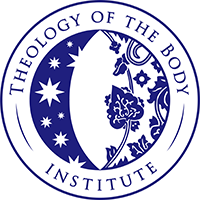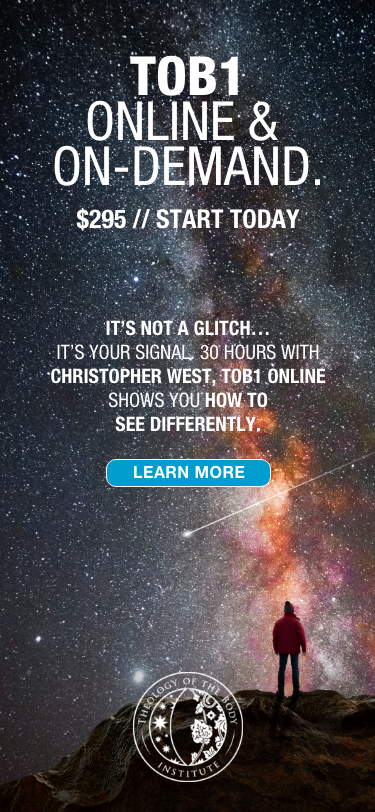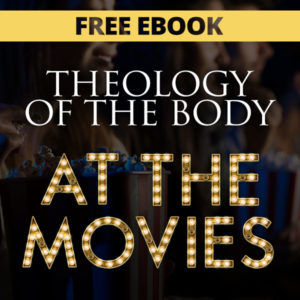

Two Common Questions About TOB and Dating
Two Common Questions About TOB and Dating

I get many emails from wonderful people like you asking me all kinds of questions about Theology of the Body. For this post, I’d like to answer two of the most common questions I get asked about TOB and dating.
- My boyfriend refuses to embrace the teachings of the Theology of the Body, but I don’t want to break it off. How long do we date before it’s time to pull the plug?
A. I think you’ll need to determine for yourself what your non-negotiables are. Refuses is a pretty strong word. It doesn’t sound like there’s much openness there. But what is he refusing? The teachings of the Theology of the Body are vast and wide, but I’m guessing you’re speaking about the realm of chastity. Here are my questions for you:
- Is your boyfriend refusing to remain chaste?
- Is he making demands on you that compromise your integrity?
- Is he refusing to stop looking at pornography?
- Is he refusing to embrace the Church’s teaching on contraception?
Such refusals are serious threats to marital love and, unless there is a dramatic change of heart, I couldn’t recommend continuing the relationship – if, indeed, your desire is to live the sacrament of marriage as the Church understands it.
Weakness or struggles in these areas is another matter. Refusal, however, shows an obstinance to the truth about love that will wreak havoc in your relationship. If you have presented the true beauty of the Church’s vision to him and he remains obstinant in his refusal, what he’s really refusing are the true demands of marital love. I say, don’t settle! You will remain happier as a single person then settling for a man who isn’t interested in embracing the truth about love. Pulling the plug may be hard in the short term, but you will be avoiding a majorly conflicted relationship in the long term.
2. We just started dating and my girlfriend is skeptical about the
Theology of the Body. What next steps can I take?
A. That skepticism may be coming from two different directions – the secular side or the spiritual side; what I call the “fast food” perspective or the “starvation diet” perspective.
When it comes to the deepest hungers and desires of the human heart for love and union (eros), most people think all the Church has to offer is a “starvation diet”: repress your desires and follow the rules! Those who follow this kind of repressive legalism and blindly accept it as “the Christian way” will certainly have problems with what they will consider the inappropriateness of linking the sacred and the sexual as closely together as Saint John Paul II does in his Theology of the Body. Such people have confused “spirituality” with rejection of “physicality.” This is not the Christian way!
My guess, however, is that you’re in a relationship with someone coming from the secular side of the skepticism. This is actually easier to address. On this side of the issue, people are in touch with their hunger (with eros), but they are taking their hunger to the “fast food” – the secular culture’s promise of immediate gratification. Their skepticism towards anything that “smells” Christian usually comes from the fact that they’ve equated all things Christian with that repressive starvation diet. Makes sense: if the only choices are starvation or fast food, most people are going to choose the chicken nuggets. And, to be sure, they taste good going down!
Your “mission”, then (“if you choose to accept it”), is to demonstrate that Christianity is an invitation not to starvation, but to a banquet of love that satisfies eros beyond anything this world has to offer. John Paul II’s Theology of the Body needs to be put in a common language people can understand, but once it is, hungry people can recognize it as a promise of the satisfaction of the deepest desires of their hearts. Yes, giving up the “fast food” is a prerequisite for entering the banquet, but the discipline required there is a creative and constructive discipline – like that of a musician or an athlete; it’s a discipline that brings rich (indeed, eternal) rewards!
A great “primer” for the Theology of the Body would be my book Fill These Hearts: God, Sex, & the Universal Longing. I’d encourage you and your girlfriend maybe to read one chapter a week, separately, then go out on a date and talk about it.
What advice would you offer those who asked these questions?




